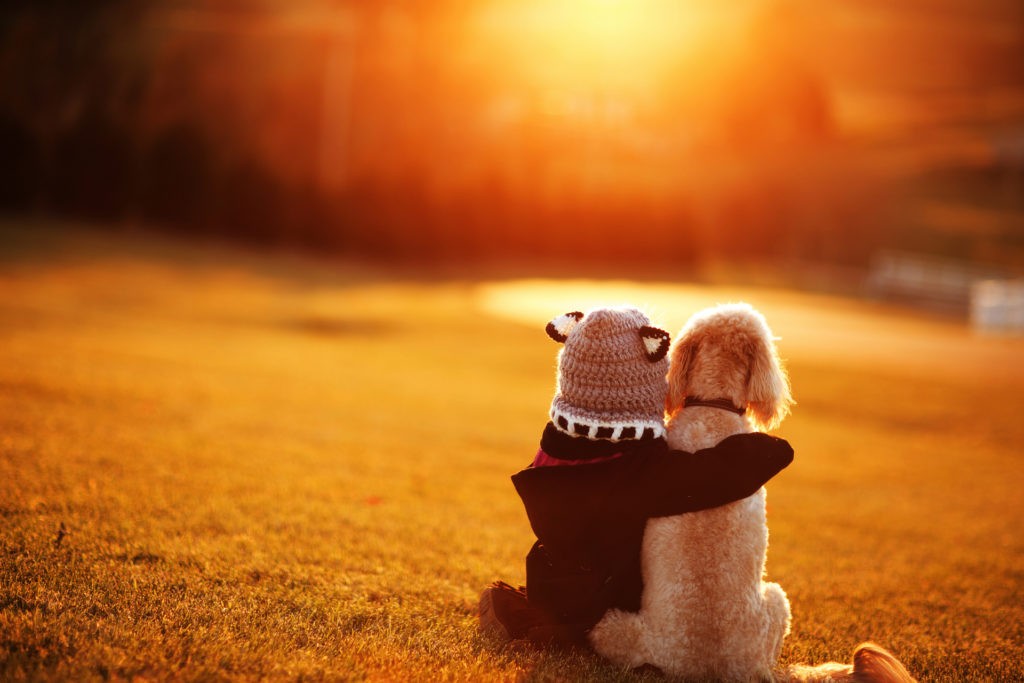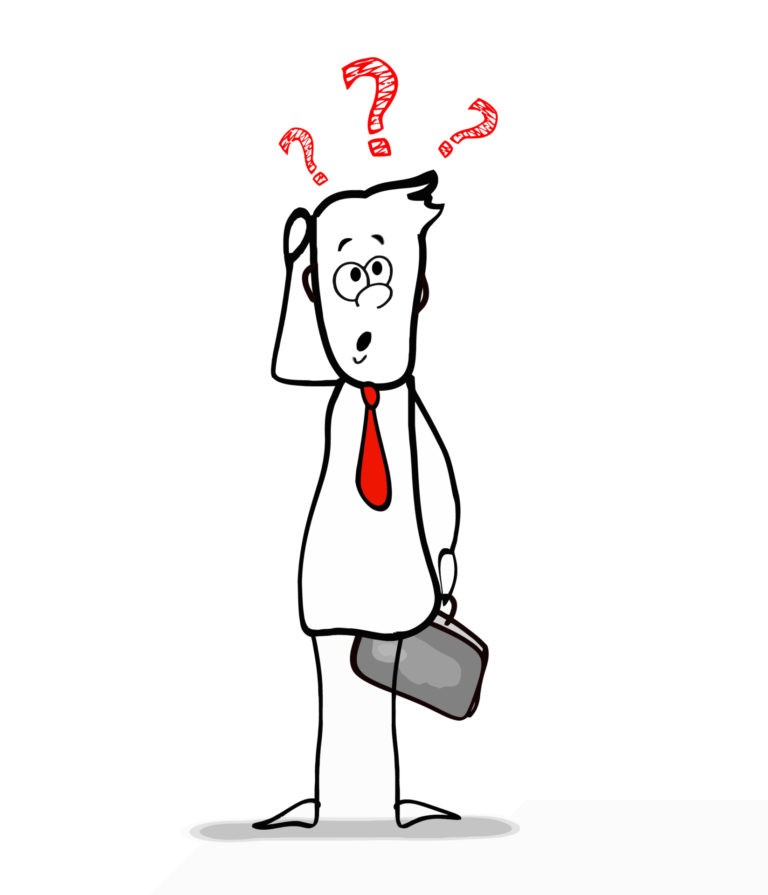

Below is a list of common puppy questions we have gathered. Hopefully, we can answer some of your questions you may have.

House training your puppy takes time, patience, and positive reinforcement. According to WebMD, it typically takes 4-6 months to fully house-train your puppy. And while you’re training, don’t worry if there are occasional setbacks. Your puppy will learn the procedure in time. Most experts agree that you should start housetraining when the puppy is between 12-16 weeks old. And as a general rule of thumb, your pup can hold it only for as many hours as his age in months. Experts recommend confining the puppy to a defined space, whether that means in a crate, in a room, or on a leash. As your puppy learns that they need to go outside to do its business, you can gradually give them more freedom to roam about the house.
When you start the process of house training, follow these steps:
Taking your puppy to the vet soon after bringing him/her home is important for establishing healthy habits! Your vet will help answer some of your questions and will do an exam to ensure your puppy is healthy and will take your puppy’s vitals and ask for his health history. Depending on your puppy’s age and vaccination history, the veterinarian will administer the proper vaccinations. Your vet may also give deworming medication and suggest a flea and tick preventive if needed.
Although puppies are little bundles of energy, they usually sleep around 18-20 hours a day. Your puppy may be a miniature tornado one minute, and the next he’s falling soundly asleep, almost mid-run. Sleep is essential to a healthy puppy, contributing to the necessary development of his central nervous system, brain, immune system, and muscles.
You can ask your breeder or vet for advice on the best brand and type of food for your puppy at his/her stage of life. Growing puppies should eat puppy food that is specially formulated to provide the necessary nutrients to fuel their growth spurts!
Off-leash dog parks are such a great way for your best pal to socialize, have fun and get some good quality run-around time. Before you go, it’s wise to make sure your pup is willing and able to enjoy this unique environment without risking bad behavior toward other dogs, owners, or even you. Before taking your puppy around town, ensure that you have visited your veterinarian and your puppy has received a clean bill of health and all necessary vaccinations. Safely socializing your puppy is important to creating a well-rounded dog, but you don’t want to create a negative first impression of the park by taking him too soon. Too many dogs at once can be overwhelming for a puppy, so start by introducing your puppy to dogs one at a time. Understand some basic dog park safety tips before venturing out to your community park.
In general, puppies should be spayed or neutered before they reach the age of sexual maturity (usually 5 or 6 months old) to prevent unwanted offspring. Talk to your veterinarian about the best age to spay or neuter your puppy.
A lot of owners consider getting pet insurance when they bring home their new puppy. Puppies are curious creatures and often get into trouble. When you have insurance, it’s comforting to know when an accident or illness occurs, you won’t be on the hook for large medical bills and can focus on your puppy feeling better. Do your research on your pet insurance options and know what is and is not covered before purchasing a policy!
If you are in question about your dog’s well-being, contact your local veterinarian.
Shots typically vary from $60 to $300. The difference in price can be due to:
Rather than just asking the cost of a single vaccine, ask for the TOTAL cost of the puppy package including heartworm, flea, and intestinal worm treatments.
Puppies love to bite and just explore the world with their mouths. It’s like trying to teach a baby not to put things in its mouth.
Here’s what may help:
Play biting slowly improves once a dog starts teething but it may never go away completely.
Puppies usually begin teething at around 3 weeks, and by approximately 6 weeks, all of their “baby” teeth will have erupted. The incisors (at the front of the mouth) and the canine teeth (the fangs) erupt first, followed by the premolars. Dogs do not have any baby molars. At around 12 weeks, the baby teeth begin to fall out, and the permanent teeth begin to erupt. Normally by 6 months of age, all permanent teeth have erupted, and all baby teeth have fallen out.
Acting fast could save your dog’s life. Contact your local vet immediately for an emergency appointment if your dog has eaten something harmful. Never wait to see if a problem develops – your dog could become very ill or even die without treatment.
You know your dog – if you’re concerned it’s always best to contact your vet, even if you’re not quite sure whether they have eaten something harmful.
People’s food should only be given as a treat, not as a staple diet. As a general rule, what’s healthy for you is more likely to be healthy for your pets, too. Here are some examples:
DO NOT feed your puppy:
Taking care of a puppy may seem overwhelming or difficult at times, but always remember to enjoy your pal and spend as much time with him/her as you can. Having a pet can be extremely rewarding and having a companion and friend by your side can create a bond that can last a lifetime. Find your puppy pal today by going to our available puppies page, and check us out on Facebook by clicking here.
Login